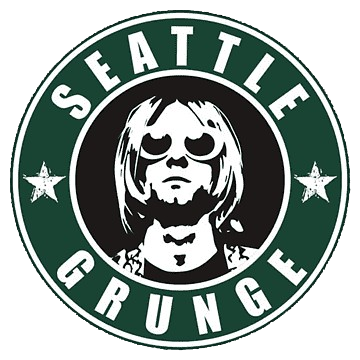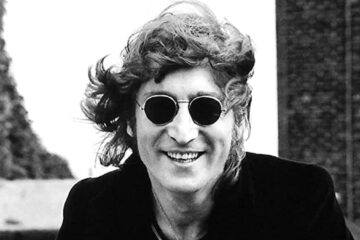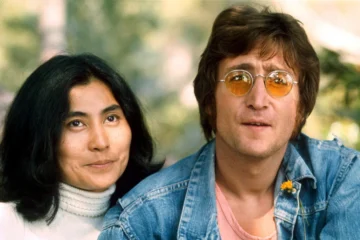One of the most notable inspirations for McCartney’s style was Little Richard. Finding success in the mid-1950s, Little Richard’s ventures into rock and roll pre-dated the inception of The Beatles. Years before they formed in the suburbs of Liverpool, he was paving the way for them to thrive, pulling R&B and rock together to appeal to the masses.
McCartney was just one of Little Richard’s many admirers, but he took his love for the revered rock and roller to new heights. He didn’t just listen to Little Richard; he allowed him to inspire his own work with The Beatles, even channelling him at times. “I could do Little Richard’s voice which is a wild, hoarse, screaming thing,” the bassist once explained in an interview via Many Years From Now by Barry Miles. Paul McCartney has one of the most familiar singing voices in music history. As one half of the driving songwriting duo in The Beatles, he often also took up lead vocal duties, bringing his words to life through the microphone. He lent his flexible Liverpudlian tones to some of the band’s most enduring and iconic tracks, from the melancholic ‘Yesterday’ to the uncanny ‘Eleanor Rigby’, winning over millions in the process.
McCartney may now be one of the most revered and recognisable vocalists of all time in his own right, but he often borrowed from the stylings of his peers and predecessors. He channelled Marianne Faithfull on ‘Here, There and Everywhere’, for example, and looked to Elvis for inspiration on the band’s more subdued tunes. His delivery was an amalgamation of influences he had collected over the yearsParticularly on the more rocking Beatles tunes, as John Fogerty once explained, the influence of Little Richard can be felt in McCartney’s vocals. “It’s like an out-of-body experience,” he continued to explain, “You have to leave your current sensibilities and go about a foot above your head to sing it.” For a while, McCartney would sing existing Little Richard songs, acknowledging the wide fanbase he had, but, eventually, he wanted to write his own track inspired by the rocker.
“There came a point when I wanted to do one of my own,” he remembered, “so I wrote ‘I’m Down.’” The song told the story of unrequited love, declaring, “Oh baby, you know I’m down, oh yes, I’m down, I’m down on the ground.” Instrumentally, it was an ode to that previous era of rock and roll, to the artists who had laid the groundwork for The Beatles, and, largely, to Little Richard..
Between raucous guitar twangs, crazed organ playing, and Ringo Starr’s bongos, McCartney executed his most fully realised tribute to Little Richard yet. He screamed and sang in equal measure, unconcerned about the sore throat he might come down with as a result. His vocals are hoarse and wild, and the influence of Little Richard is palpable in every word. ‘I’m Down’ may have been released in 1965, as the B-Side to ‘Help!’, but it could have been a song from a decade prior.
Half a century later, McCartney’s voice is just as iconic as Little Richard’s and has a similar effect on budding rock and rollers. He’s now the subject of those sonic odes of lyrical and vocal inspiration. But without Little Richard, he may never have developed his now-beloved vocal style.




